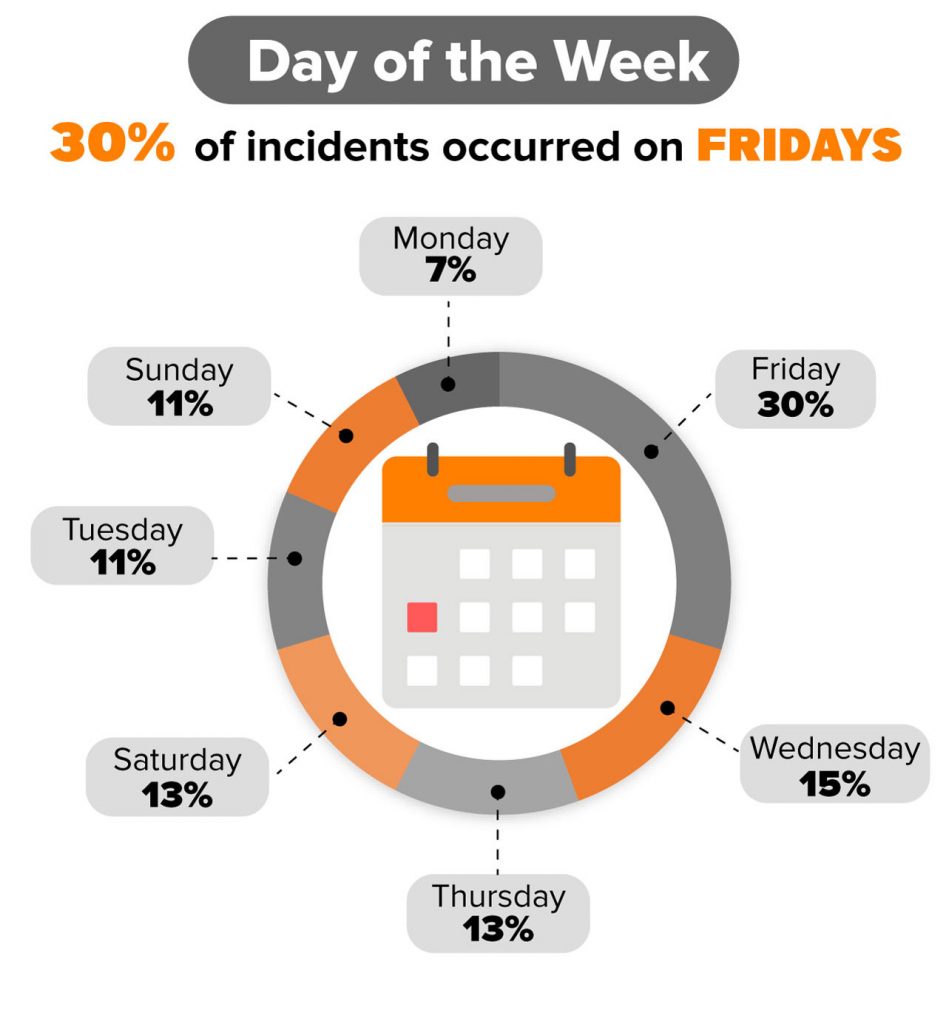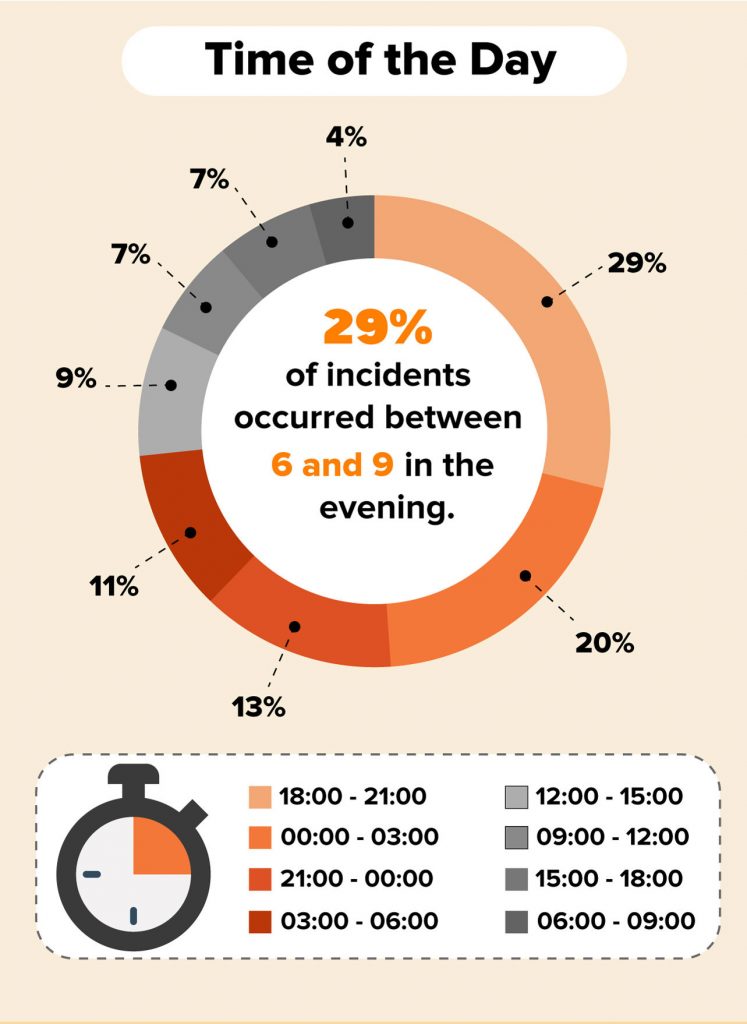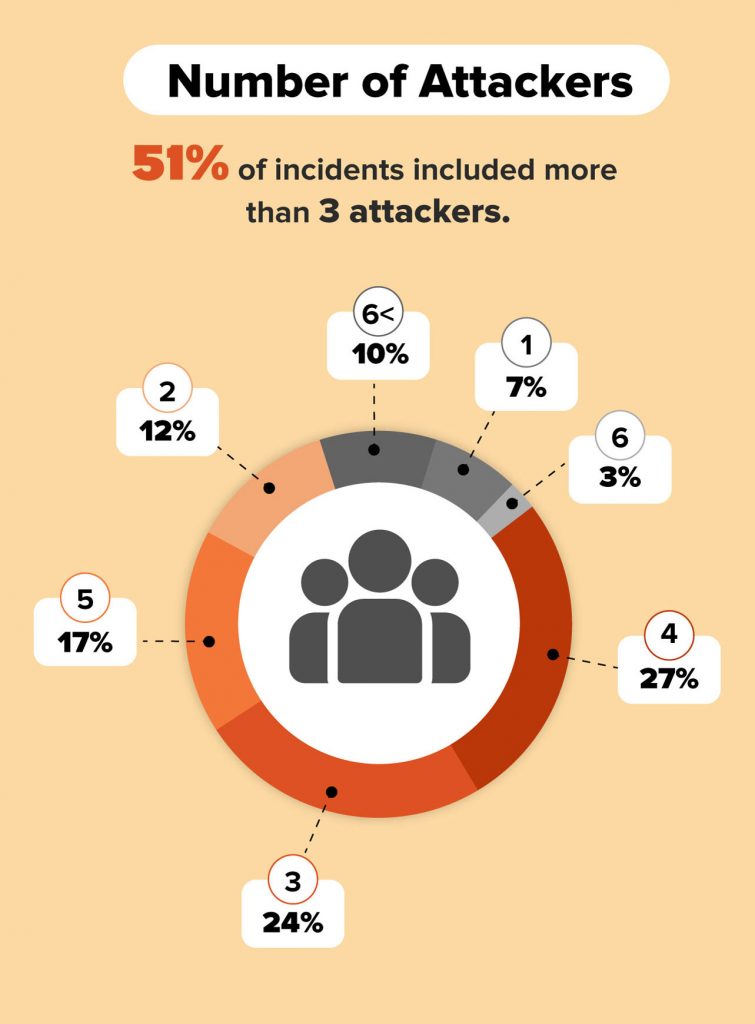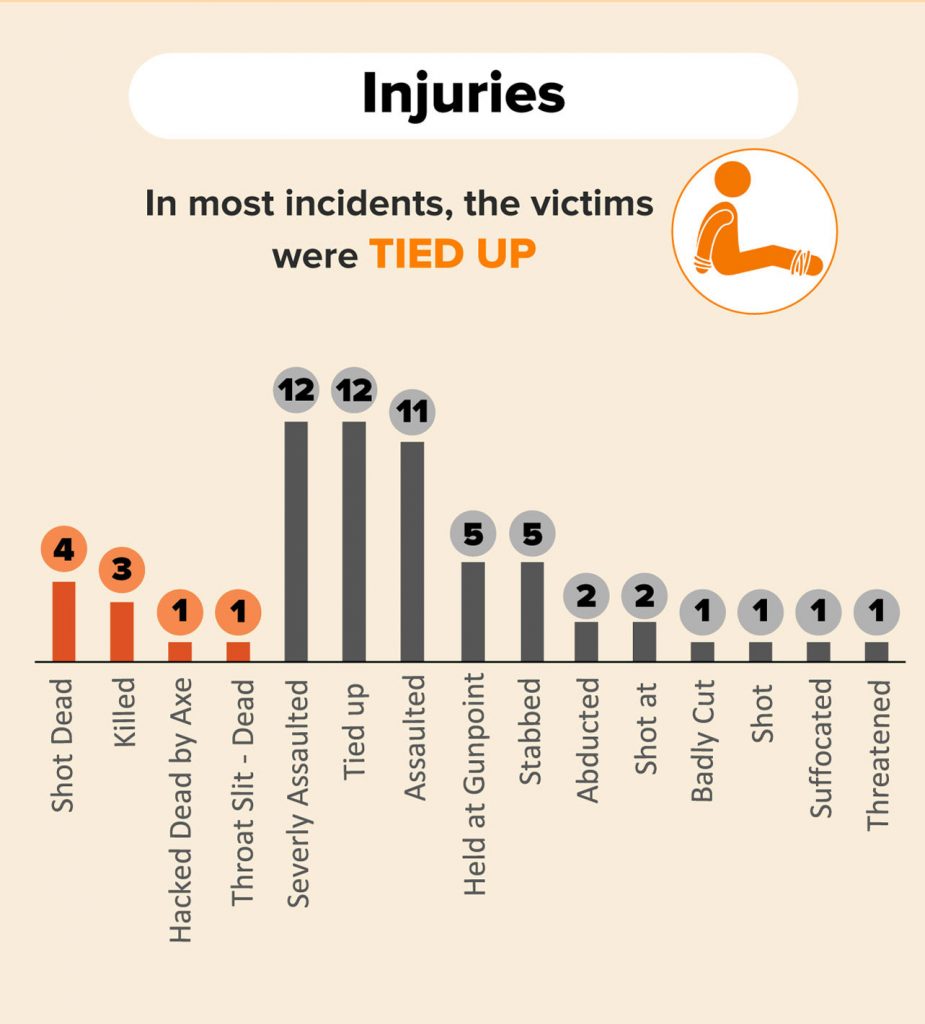After seeing some research about South African farm attacks, I felt I needed to respond with a video. My goal in making this video was to give some practical advice and not to get involved in the politics.
Enjoy the video.
Table of Contents
Transcript:
Hello people from beyond the glass and welcome to chicken Central. I thought today we would chat about some data around farm security. If that’s a political thing for you, you’ve come to the wrong place, rather turn around and go and do something else with your time.
But if you really care about people’s security and you want to talk about security concepts, especially living on a farm, you’ve come to the right place. Check it out.
Farm Attack Data
Recently, I received some information on social media, which was published by the Rome Research Institute of South Africa. I don’t know them, but it was about farming data that was plotted in 2020. And a lot of the information is similar to the trends I’m seeing in my own areas. And it made sense to have a look at it, and again, I’m always a little bit cautious of this kind of data because this often has a political agenda behind it, and I’m not a politician.
I’m interested in making people safer.
But there was some very good information. And the question is, can we take that information and turn it into action?
So what did we see?
Attacks Happened on Specific Days of the Week

We saw that there were specific days where there were more crime and more farm attacks. Friday was the biggie, which we’ve seen for a number of years. And we know, that 29% of those incidents were between six in the evening and nine in the evening. So if you take that, being a Friday night, you’ve worked a hard week, had dinner with the family and sat down, crashed down to watch some TV and that’s when the horror starts.

But we know then that’s the time when we really need to up our security game.
So the times and the days of the week are important.
Why?
Why do these incidents happen at night? They happen at night because farm areas are dark. And therefore, the guys have got a lot of time to plan their attack, they can sit in some bushes, they can measure what they’re going to do.
And therefore, it’s actually quite important.
See Your Farm Through the Eyes of an Attacker
Turn your adversarial mindset. If you are going to hide in some bushes and watch the farmhouse, where would you hide and then find ways to control those areas.
Number of Attackers – Find Strategies to Limit the Effects of a Group

Okay, we know from the data that the attacks were perpetrated by four or three guys. And that’s too much for one person to handle. So you’re going to have to create some force multipliers and create physical security barriers. It’s going to channel people and that’s really important.
So panic rooms are important. Gates and passages, areas which force people into channels so that you’re not dealing with four people spread out, but they’re they’ve come together and they’re a little bit easier to fight. If that’s going to be the appropriate response, there might be times when fighting is not the appropriate response. And we simply have to submit.
What Happens to the Victims

I’m not fond of looking at the data of what happens to the people because the question is, can I use that data to make myself safer, or is it simply going to increase my fear and paranoia levels and take away my quality of life. But what is important is, we know that the victims are tied up and they were assaulted.
And usually, when the victims are tied up, you find them lying on the ground. So if you’ve got some kind of panic system, you need to put the panic buttons and the tools that you have, you need to have some of them at ground level.
Put some of the bathrooms, spread them around the house, you might want some cutting devices that are concealed also.
First Aid
And then obviously, you’re on a farm area, it’s going to take a while for people to get to you. If people are assaulted, you’re going to need a trauma kit, first aid devices, and some first aid training. Bleeding is what you want to manage the most in those circumstances.
Cell Phones
We see from the data that cell phones are most often taken and cell phones can be tracked. There’s a lot of software on cell phones now. And often what happens is we get to an incident and people don’t know usernames and passwords which can give us access to the phones, and that’s understandable.
So have that data stashed away somewhere, again, it’s concealed where no one can find it. But when you’re in a state of panic and you can’t remember that stuff. You can hand it over to somebody who can take action and start the persuing.
Track Your Own Crime Data
And then what’s quite important as a community or as a district, some of this data might not be entirely accurate for your district. The only way to establish that is to track your own crime data. There are shared spreadsheets nowadays, there is Google Earth and Google Maps.
You can plot the incidence, you can spot trends. The kind of information I’d also like to see. I’d like to see whether the attackers are arriving on foot in a vehicle. If there are specific footpath that they’re using, how they access the farm, how they access the farmhouse.
That’s going to tell me what kind of measures I need to build into my environment.
Use Crime Data to Create Defensive Strategies
Do I need extra lighting in certain places? Do I need beams in certain places? If we’re going around patrols? Are vehicular patrols the right tool? Or perhaps I’m going to need to run foot patrols on certain nights.
Do I need to have dogs and where do I need to have those dogs. What’s gonna help me make those decisions, turn the data into action. And then once you’ve taken the action, get out there and live the life that you chose in the environment because that’s why you live there.